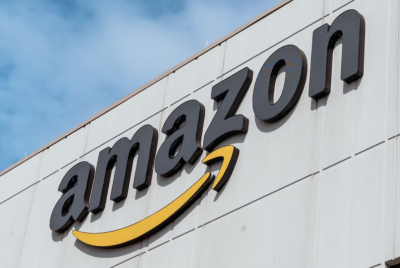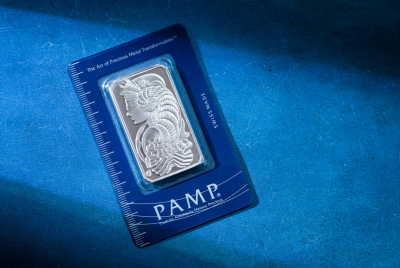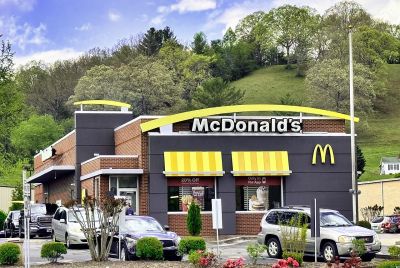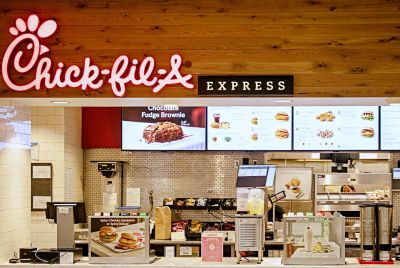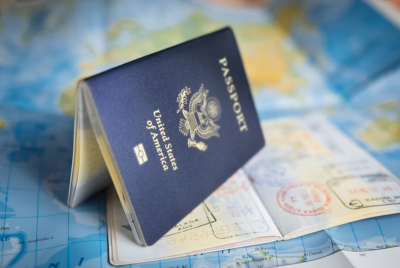Is the $2000 Stimulus Check Really Happening? Inside Trump's Big Promise and the Washington Shutdown Chaos
IRS confirms no new stimulus despite viral $2,000 claims
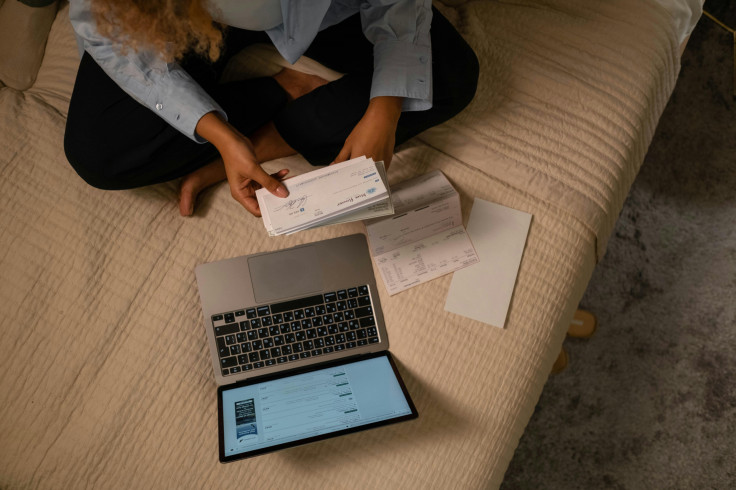
The rumoured $2,000 (£1,502) stimulus check has sparked confusion across the United States, with millions of Americans wondering whether new financial relief is actually on the way.
Speculation intensified after Donald Trump suggested that Americans could receive payments funded by tariffs, a proposal he described as a possible 'dividend to the people', while the federal government faced a budget deadlock in early October 2025.
Trump's Tariff-Funded Promise
In an interview with One America News on 2 October 2025, Trump floated the idea of sending cheques of between $1,000 (£751) and $2,000 (£1,502) per taxpayer.
He said revenues from new import tariffs could finance rebates for certain income brackets, calling it 'almost like a dividend to the people of America', according to reporting by Yahoo News.
Supporters hailed the plan as potential relief for working families struggling with inflation.
Critics, however, dismissed it as economically unrealistic and politically timed, noting that tariff income would be far too small to cover a nationwide payout.
Trump's remarks went viral on social media, triggering widespread claims that payments were imminent.
No Federal Approval For New Stimulus
Despite online rumours, no new federal stimulus programme has been authorised for 2025.
The Internal Revenue Service (IRS) confirmed that all previous Economic Impact Payments under the CARES Act (2020) and the American Rescue Plan (2021) have already been issued.
The agency's official website states there are no new authorisations for direct deposits or mailed cheques and urges citizens to rely only on IRS.gov or Treasury.gov for updates.
Independent fact-checking organisations including Politifact and FactCheck.org have likewise clarified that the $2,000 (£1,502) payment remains a proposal, not an enacted policy.
Until Congress passes legislation allocating funds, there is no legal pathway for the Treasury Department to distribute new stimulus money.
Shutdown Tensions And Public Confusion
The rumour spread during a tense period in Washington, where budget disputes raised the prospect of a partial government shutdown.
However, analysts emphasise that Trump's proposed payments are not connected to any shutdown relief plan.
Economists warn that the timing of Trump's remarks, coinciding with fiscal uncertainty, may have blurred the distinction between campaign rhetoric and real policy.
Social Media Fuels The Speculation
The latest wave of stimulus chatter has been driven by viral TikTok, Facebook and YouTube posts recycling unverified claims such as 'Biden sends $2,000 checks next week' or 'IRS confirms new stimulus'.
No such confirmation exists.
Fact-checkers note that many of these videos use misleading thumbnails and links that attempt to harvest personal or banking information from viewers.
Experts say the misinformation reflects broader public anxiety over the rising cost of living, as rent, groceries and borrowing costs continue to climb.
In this climate, any mention of potential government aid tends to spread rapidly online.
What Americans Should Know
Federal officials are urging the public to verify all information through official channels and to avoid clicking links or providing details to anyone claiming to offer 'registration' for a stimulus cheque.
At present, Trump's proposal for tariff-funded rebate payments remains under discussion only.
No Congressional approval, funding mechanism or timeline exists.
For now, the much-discussed $2,000 (£1,502) stimulus cheque remains a political promise rather than a government policy, circulating amid misinformation and ongoing fiscal tensions in Washington.
© Copyright IBTimes 2025. All rights reserved.


